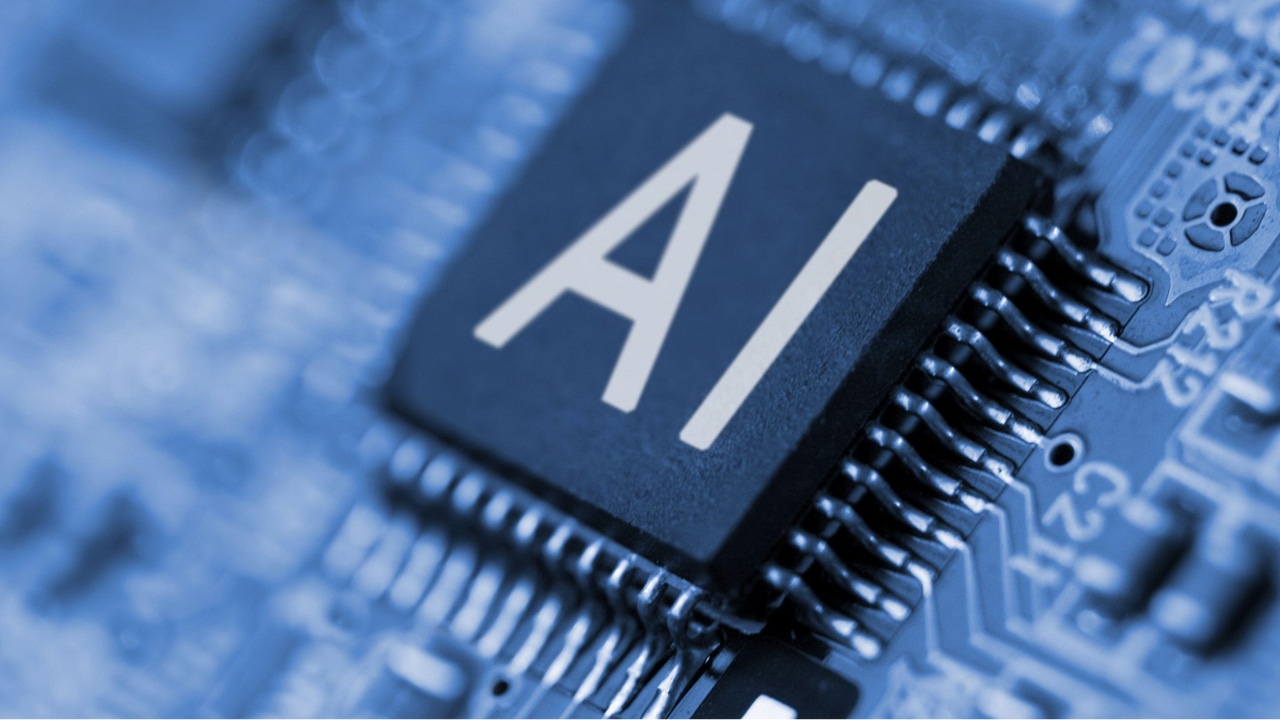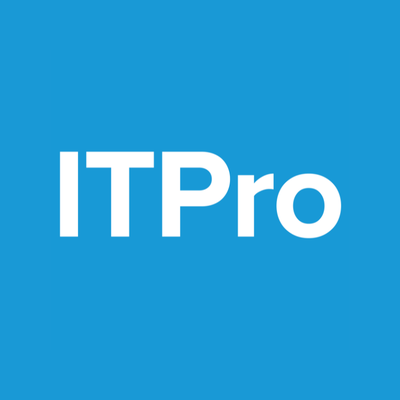Cloud vs. On-Prem AI Accelerators: Choosing the Best Fit for Your AI WorkloadsCloud vs. On-Prem AI Accelerators: Choosing the Best Fit for Your AI Workloads
Know the pros and cons of cloud-based AI accelerators before deciding whether cloud or on-prem AI hardware aligns best with your workload requirements.

AI accelerators — meaning specialized hardware devices that are adept at supporting artificial intelligence workloads — tend to be expensive to purchase and operate on your own.
That may make cloud-based AI accelerators seem like the perfect solution. Rather than having to buy your own AI hardware, why not just "rent" it from a cloud provider using an AI infrastructure-as-a-service (IaaS) model?
In many cases, this approach is indeed preferable. But it also comes with some drawbacks. Read on for guidance on deciding whether cloud-based AI hardware is right for you.
What Are AI Accelerators and AI Hardware?
The terms "AI accelerator" and "AI hardware" refer to hardware devices that excel at AI tasks like model training and inference. In other words, they're devices other than generic computer processing units (CPUs), which can handle many types of AI workloads but which aren't particularly fast or efficient when working with AI.
Graphical processing units (GPUs) are one example of AI hardware. They're good for many types of AI workloads because they have a high core count, which allows them to process lots of data in parallel.
But GPUs aren't the only type of AI accelerator. Other options include neutral processing units (NPUs), which are designed specifically for large-scale parallel computing for AI applications (whereas GPUs are designed mainly for rendering video but happen to be useful for certain AI tasks as well). Application-specific integrated chips (ASICs) and field programmable gate arrays (FGPAs) can also be good options for some AI workloads, such as processing data very quickly.
On-Prem vs. Cloud-Based AI Hardware
Like most types of hardware, AI accelerators can run either on-prem or in the cloud.
An on-prem accelerator is one that you install in servers you manage yourself. This requires you to purchase the accelerator and a server capable of hosting it, set them up, and manage them on an ongoing basis.
A cloud-based accelerator is one that a cloud vendor makes available to customers over the internet using an IaaS model. Typically, to access a cloud-based accelerator, you'd choose a cloud server instance designed for AI. For example, Amazon offers EC2 cloud server instances that feature its Trainium AI accelerator chip. Google Cloud offers Tensor Processing Units (TPUs), another type of AI accelerator, as one of its cloud server options.

The Benefits of Cloud AI Accelerators
Why would you opt for a cloud-based accelerator instead of running one locally? The main benefits include:
No upfront cost: AI accelerators are typically pricey to purchase outright, with costs ranging from a few hundred dollars for a basic GPU to many tens of thousands of dollars for high-end GPUs and NPUs. Cloud-based accelerators allow companies to use AI hardware without having to pay for these devices upfront. Instead, they essentially rent them through an AI IaaS service.
Pay for what you use: Along similar lines, cloud AI hardware lets users pay only for the hardware capacity they use. This is especially beneficial if you only need AI hardware for temporary tasks, like model training.
Access to specialized AI hardware: Some types of AI accelerators are only available through the cloud. For instance, you can't purchase the AI chips developed by Amazon and Google for use in your own servers. You have to use cloud services to access them.
Scalability: Like most cloud-based solutions, cloud AI hardware is very scalable. You can easily add more AI server instances if you need more processing power. This isn't the case with on-prem AI hardware, which is costly and complicated to scale up.
The Drawbacks of AI Hardware in the Cloud
On the other hand, cloud-based AI hardware can present some notable challenges:
Performance limitations: Cloud-based AI workloads sometimes may not perform as well as those running on-prem due to the sharing of server hardware with other customers, as well as the potential for network latency when moving data into and out of the cloud.
Data privacy: You may need to work with highly sensitive data — if you're training a model using private information, for example. Since cloud-based AI requires you to store the data in a public cloud, this could increase the risk of accidentally exposing the data to third-party access.
Cost: Although the upfront cost of cloud AI hardware is typically much lower than purchasing AI devices outright, your long-term costs could be higher, especially if you use the hardware extensively. In addition, cloud-based AI may require you to pay data egress fees, which don't apply on-prem.
When Are Cloud-Based AI Accelerators Worth It?
So, should you use cloud-based AI accelerators?
The answer boils down to which type of AI hardware you need and what you intend to use it for. If you'll be deploying AI workloads on an ongoing basis, purchasing your own hardware could make more sense. Likewise, on-prem AI is more feasible if you need less expensive devices.
But for workloads that require highly specialized AI hardware, and/or workloads that will only operate on a temporary basis, the cloud is likely to be a better solution than on-prem AI.
About the Authors
You May Also Like











